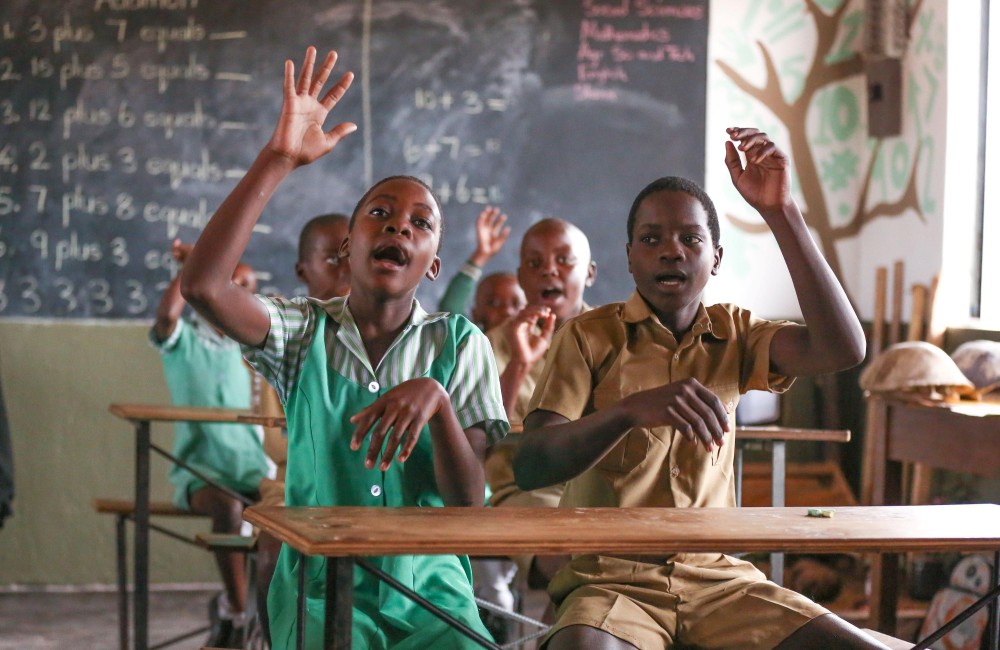The long-term preservation and protection of Matusadona National Park can only be achieved through the active participation and engagement with local communities and local authorities. The overarching objective that began in 2019 has continued, to implement a strong community engagement programme that ensures that local communities are informed about, benefit from and support the protection of this vast wilderness area.
Community Engagement
We work together with local communities to understand the challenges and concerns that come from living in this area. Such an approach aims to ensure that benefits flow from protecting this area with limited costs. This is ongoing with our community engagement team who are creating awareness and fostering knowledge among community members about wildlife conservation and its benefits. Three years of positive engagement have begun to show results, with a strong sense of community buy-in.

Education and Environmental Awareness
Environmental education is being emphasised through the creation of wildlife clubs, school visits to the park, and providing access for community members to Matusadona, facilitating their wildlife experience, and demonstrating the importance of biodiversity conservation.
The first bursaries were awarded in 2021 to ten disadvantaged students, with the Ministry of Education supporting the first school visits to the park. In the same year, 200 bicycles were donated to schoolchildren who live four kilometres or more from their school through a partnership with World Bicycle Relief.
The Happy Readers Programme was expanded in 2022 to eight schools at Level 1 and three at Level 2, with improved literacy demonstrated amongst the children involved in the programme. A partnership was formed with Book Aid International, to support and promote reading in 35 primary schools, reaching 13,000 children.
Sustainable Enterprise Development
Income-generating projects, such as honey production, have begun to provide an alternative to dependence on park resources.
With revived fish stocks, the legal fishing camps have become a major financial benefit to communities, as fishermen are able to access protected commercial fishing grounds. As a result, many are beginning to see the direct benefits of sustainable utilisation, not only in improved catches, but also through the support of rangers who protect their fisheries from illegal operators. In 2022, the two fishing camps inside the park averaged 40 tonnes of harvest each month, generating approximately US$64,000 – three to four times higher than the unregulated fishing camps.
In a landscape that is shared by people and wildlife, human-wildlife conflict is a major focus. Crop damage by elephant and predation on cattle and goats by hyaena and lion – due to poor land-use planning and illegal expansion of agriculture into wildlife areas – continues to cause conflict. Projects such as chilli growing and use of chilli oils for fencing as well as working with a local NGO, Wildlife Conservation Action, in providing canvas bomas to secure livestock at night are all possible solutions that are being worked on.
